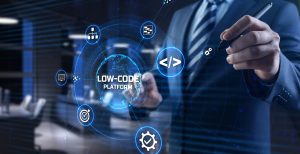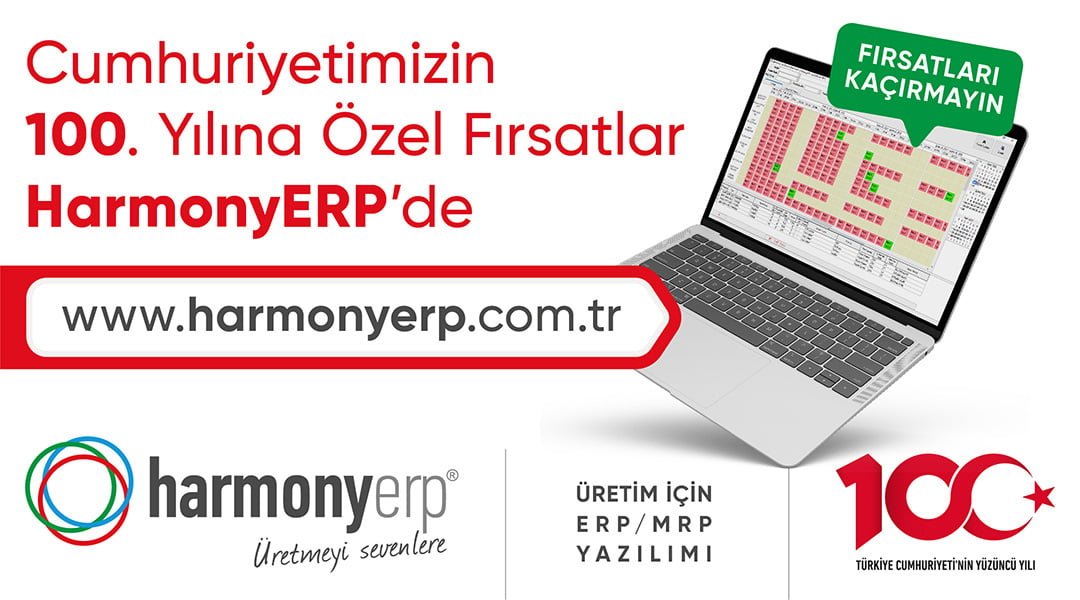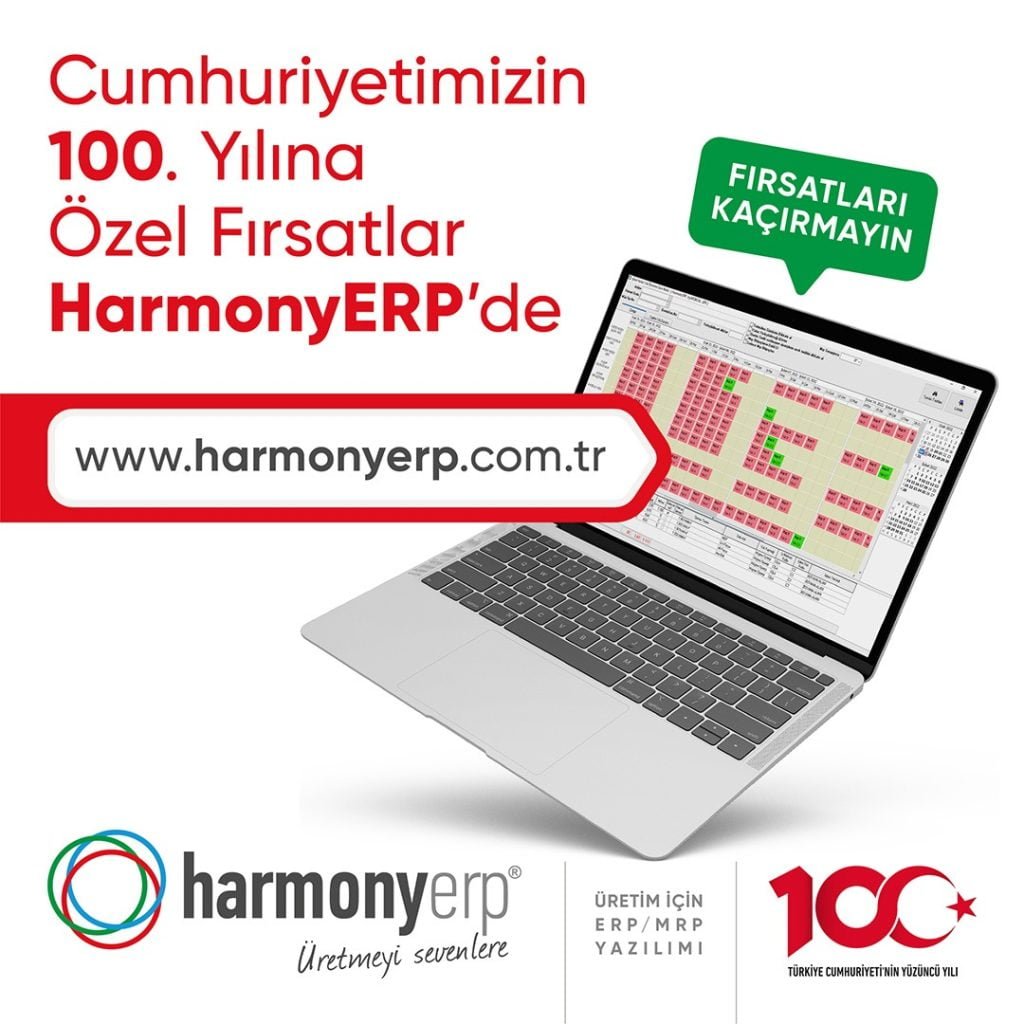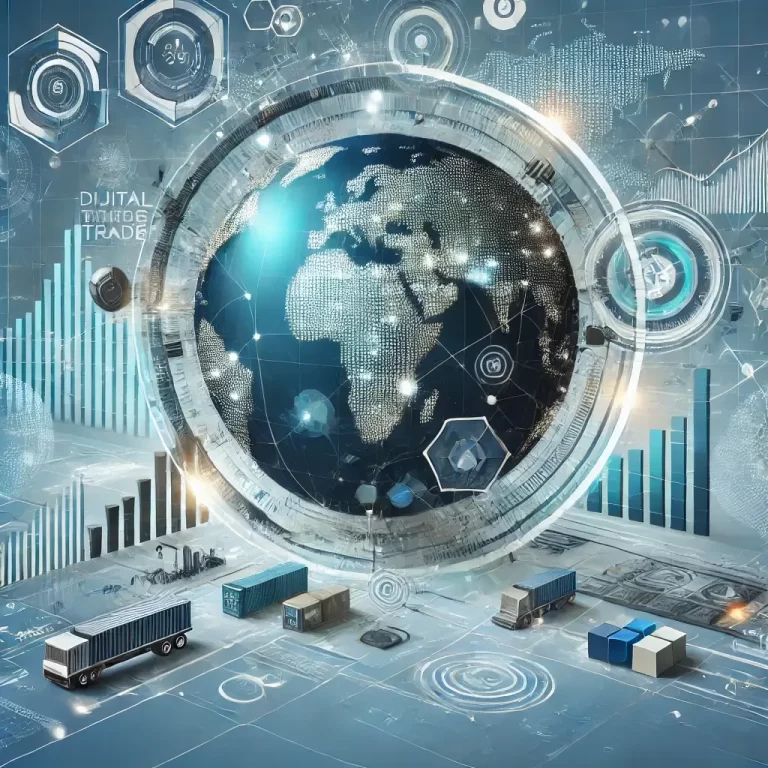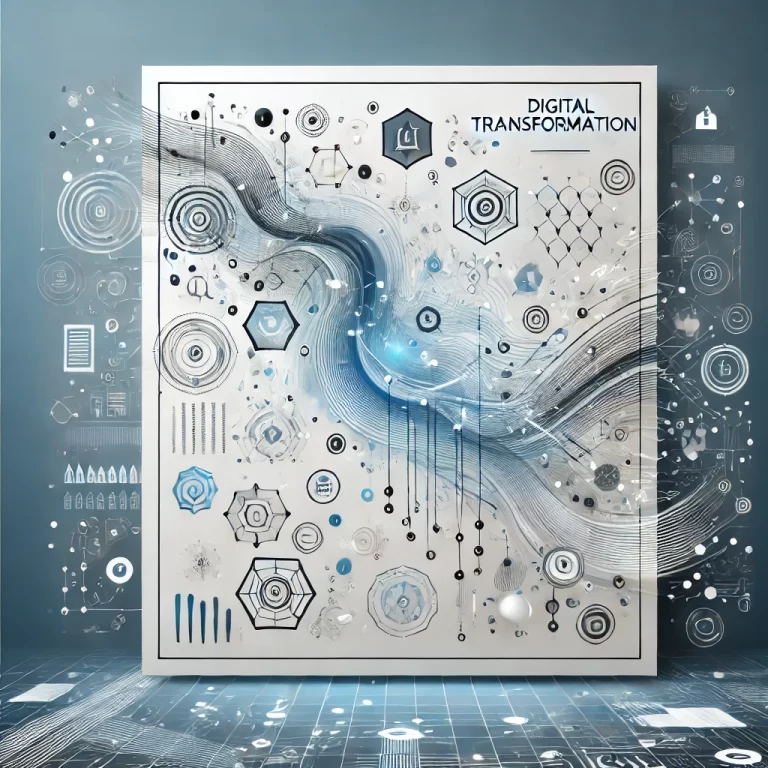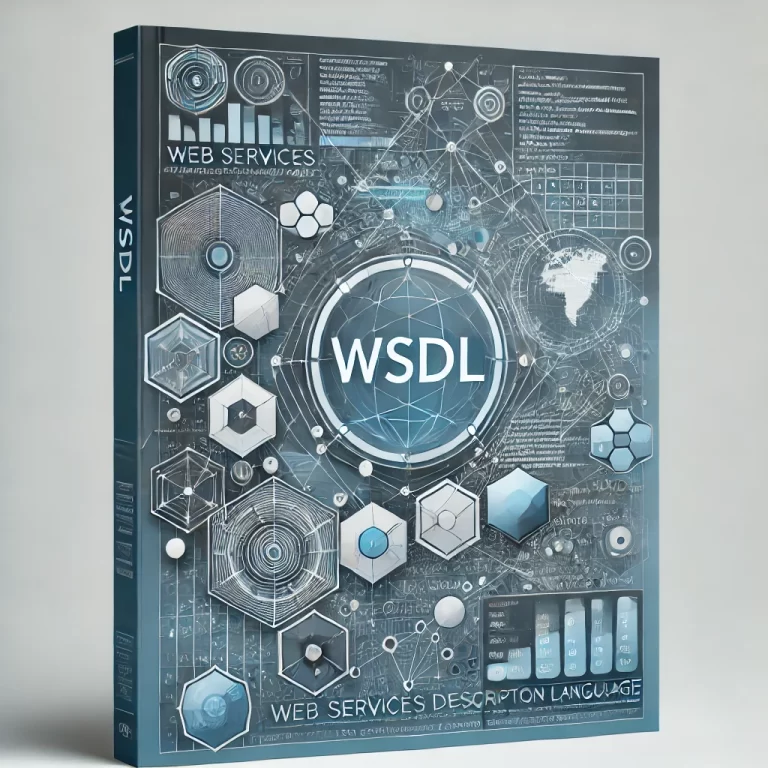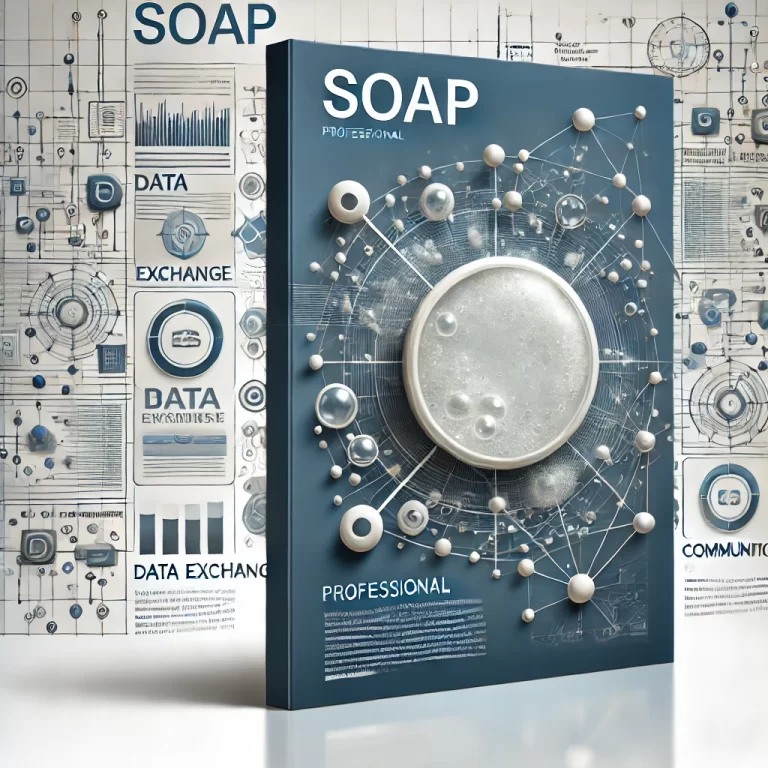What are the Differences Between ERP and CRM?
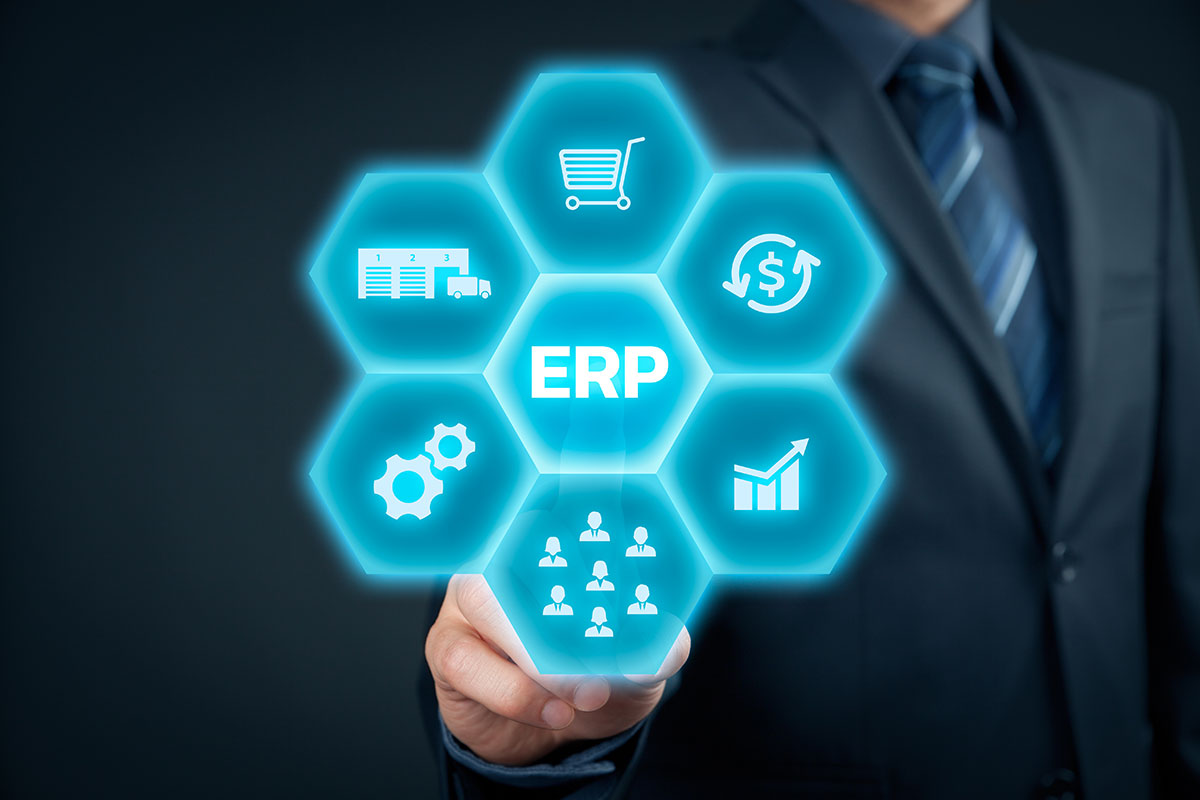
ERP (Enterprise Resource Planning) and CRM (Customer Relationship Management) systems are the two main types of software used to manage business efficiency and customer relationships. In this article, we will elaborate on the main differences between ERP and CRM.
What is ERP?
ERP stands for Enterprise Resource Planning and is a software system used to integrate all business processes of an enterprise. This system brings together various functions such as accounting, inventory management, human resources, production and supply chain management. The purpose of ERP is to increase operational efficiency by effectively managing all the resources of the business.
ERP systems enable data flow between all departments through a centralized database. This enables businesses to make faster and more accurate decisions by eliminating data silos. Another advantage of ERP is that it increases the traceability of all business processes, so that it is possible to quickly identify and resolve problems at any point.
What is CRM?
CRM stands for Customer Relationship Management and is a software system used by businesses to manage customer relationships. CRM systems monitor customer interactions, collect and analyze customer data. This data is used to make strategic decisions in areas such as sales, marketing and customer service.
The main objective of CRM is to increase customer satisfaction and ensure customer loyalty. These systems enable all customer interactions to be recorded and analyzed, helping to provide more personalized and effective service to customers. CRM is also used to follow up on potential leads and to offer cross-selling and upselling opportunities to existing customers.
Key Differences Between ERP and CRM
Scope and Focus
ERP systems are designed to manage all internal processes of a business. It covers functions such as accounting, production, inventory management and human resources. These systems are used to ensure the effective use of resources within the enterprise and to increase operational efficiency.
CRM systems focus on customer relationships. Manages processes that interact directly with the customer, such as sales, marketing and customer service. The main objective of CRM is to increase customer satisfaction and loyalty. Therefore, CRM systems focus more on external processes and customer interactions.
Data Management
ERP systems collect and integrate data from all departments of the business in a central database. This makes data more easily accessible and analyzable. ERP systems offer comprehensive reporting and analysis tools to monitor and optimize the overall performance of the business.
CRM systems collect customer data and use it to improve customer interactions. The CRM database contains detailed information about customer history, preferences and interactions. This data is used to optimize sales and marketing strategies.
User Profile
ERP systems are usually used by all departments of the business. Various users such as accountants, human resources specialists, production managers and supply chain specialists benefit from ERP systems. These systems can be customized according to the needs of different user groups.
CRM systems are used extensively by sales, marketing and customer service teams. Sales representatives, customer service specialists and marketing analysts actively use CRM systems in their daily work. CRM systems help these user groups manage customer relationships more effectively.
Using ERP and CRM Together
ERP and CRM systems provide great benefits to businesses, even when used separately. However, integrating these two systems offers more advantages to businesses. ERP and CRM integration allows customer data and internal operations data to be brought together. This allows businesses to conduct more comprehensive and accurate analysis and make strategic decisions.
ERP and CRM integration also facilitates the management of customer orders. Orders can be received through the CRM system and processed through the ERP system. This allows the ordering process to be completed more quickly and efficiently. In addition, customer service teams can easily access inventory status and shipment information through the ERP system, enabling them to provide more accurate and timely information to customers.
ERP and CRM systems are critical for improving business efficiency and customer satisfaction. ERP manages the internal processes and resources of the business, while CRM manages customer relationships and interactions. The integration of these two systems provides businesses with a more comprehensive management and analysis capability, enabling them to gain a competitive advantage. Both systems have their own advantages and uses, but when used together, they can significantly improve the success of businesses.
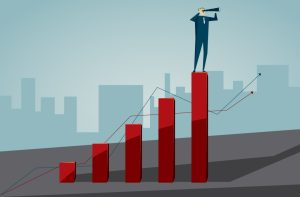
Previous Post
What is Product Driven Growth?
Next Post
What is Low Code and What are its Advantages?
